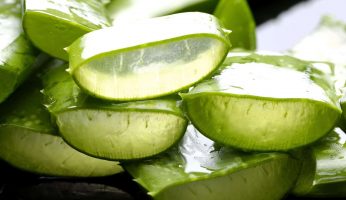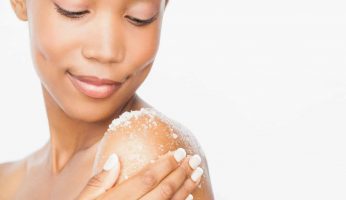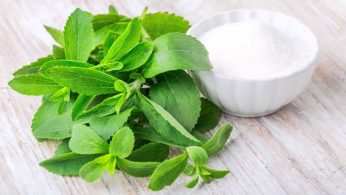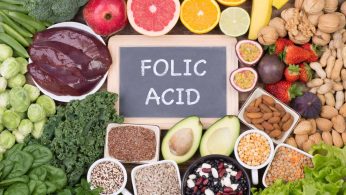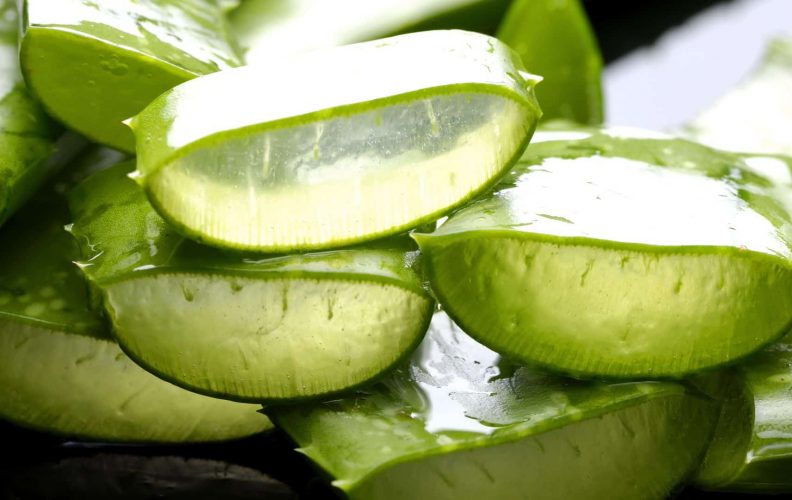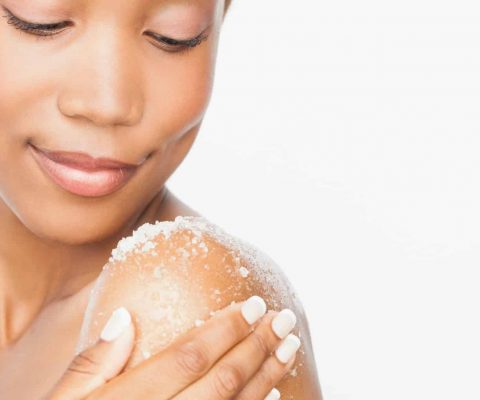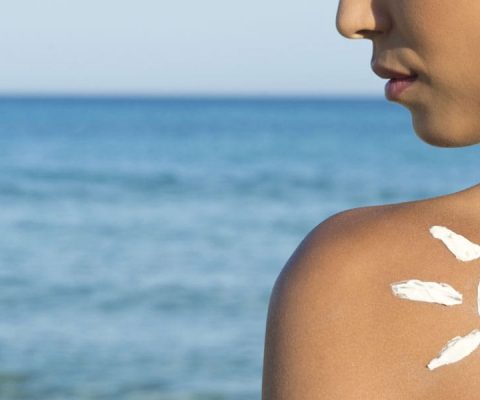What Happens When You Stop Using Fluoride Toothpaste
Disclosure: We use affiliate links and may receive a small commission on purchases.
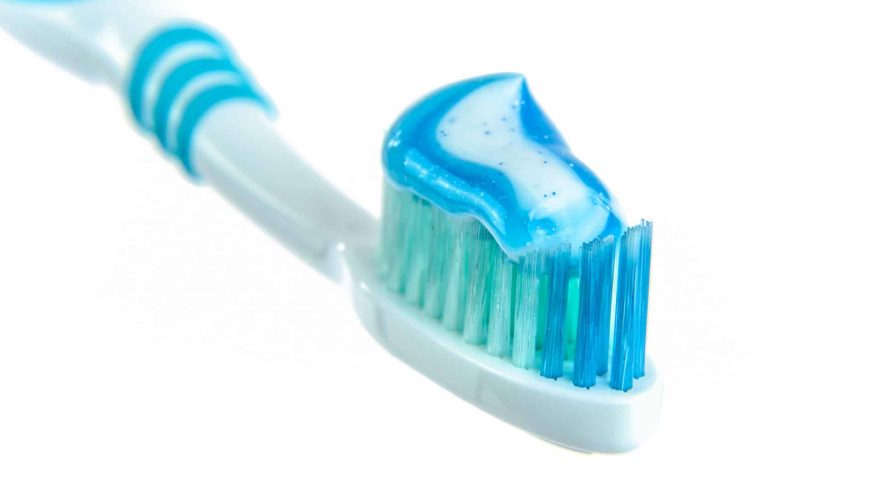 What Happens When You Stop Using Fluoride Toothpaste
thefitbay.com
What Happens When You Stop Using Fluoride Toothpaste
thefitbay.com
For years, we’ve been told to brush our teeth twice a day with fluoride toothpaste to keep our teeth and gums clean, strong, and healthy. Unfortunately, more information is coming out that suggests fluoride is not as good for us as it was first thought, as well as several other ingredients found in popular toothpaste brands. Being a product that you use twice a day, every day, this is why you should consider switching to more natural teeth cleaning alternatives.
The Problem With Conventional Toothpaste
As with many other personal care products, you are putting your body in direct contact with the ingredients in your toothpaste every time you brush your teeth. To make matters worse, your mouth is one of the most vulnerable places in your body to be putting chemicals because of its high absorptive capacity. Even though you spit most of the toothpaste out, you still absorb many of the ingredients through your gums and tongue, and you still end up swallowing a small portion each time you brush. This is some of the worst of what you are swallowing:
Floride
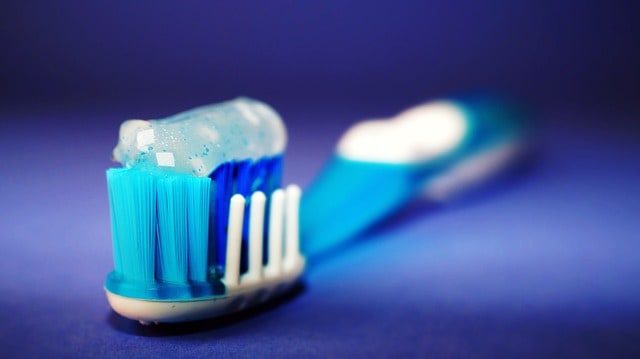
There’s a good chance this one is surprising to you, as fluoride is not only in almost every toothpaste on the shelf, but it is also used at the dentist’s office, and is even found in much of our drinking water. Several studies have now been published that question whether or not fluoride actually helps to strengthen and protect the enamel on your teeth at all. In addition, fluoride has been known to cause:
- dental fluorosis in children, a disfiguring condition caused by swallowing too much fluoride
- neurological disorders
- endocrine disorders
The issue is that the small amounts of fluoride that we swallow and absorb build up in our bodies overtime, which eventually cause many of these health problems later in life. Children are known to swallow much of the toothpaste they put in their mouths, putting them at an even greater risk.
Sodium Lauryl Sulfate
SLS and SLES (sodium lauryl ether sulfate) are surfactants used in many personal care products to cause the product to foam. In toothpaste, these chemicals affect the phospholipids on your tongue and affect your ability to taste. It is also associated with recurring canker sores and is a registered insecticide, making it bad for your body and for the environment.
The other major issue with SLS is the byproduct that is can become contaminated with during its manufacturing, 1, 4-dioxane. This chemical is a known carcinogen and is dangerous to human health.
Propylene Glycol
This is a mineral oil used in airplane de-icers, antifreeze, enamels, and paints, as well as many personal care products, including toothpaste. This pharmaceutical-grade version of the chemical is used as a surfactant and is a known lung, skin, and eye irritant. Though more research needs to be done on propylene glycol, it has shown that it may cause organ toxicity.
Triclosan
This chemical is found in toothpastes that claim to fight plaque and gingivitis, and with good reason: It is highly effective at preventing the development of gingivitis. Unfortunately, there are a number of reasons why we are better off without this product. Triclosan is linked to:
- Endocrine disruption
- Antibiotic resistance
- Certain cancers (testicular, breast, prostate, and ovarian)
- Sexual development problems in children
- Premature and low birthweight babies
In any case, this is not a chemical that you want to be putting in your mouth twice a day.
Diethanolamine (DEA)
Another hormone disruptor, DEA becomes potentially carcinogenic N-nitrosodiethanolamine (NDEA) when it combines with other ingredients in the products that it is found in. NDEA is easily absorbed by the skin and has shown to aid in the development of certain cancers, including bladder, stomach, esophageal, and liver cancer.
These are just five of the ingredients that are found in toothpaste that can potentially cause serious health problems. Don’t be surprised if your favourite conventional toothpaste brand also contains artificial sweeteners, dyes, and flavours.
Alternatives to Conventional Toothpastes
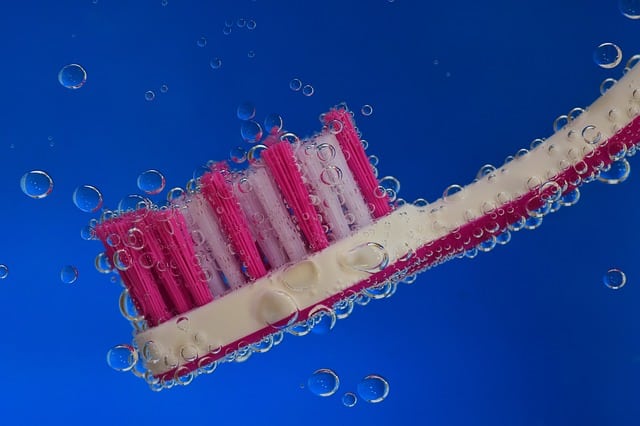
Thankfully, there are a number of products you can choose instead that work just as well, if not better, than your regular toothpaste brand that don’t come with a side of dangerous chemicals.
Check out these natural, organic toothpaste brands, or visit your local health food store.
You can also make your own toothpaste using a combination of ingredients you probably already have in your kitchen and essential oils such as peppermint oil.
Try making this baking soda, coconut oil, and peppermint essential oil toothpaste and never worry about purchasing toothpaste again.
The Bottom Line
As with many conventional personal care and beauty products, the risk of developing mild to severe health problems from the ingredients in these products far outweigh the benefits that they claim to bring. Switch to organic, natural, or homemade toothpaste for a whiter smile without the adverse health effects.

